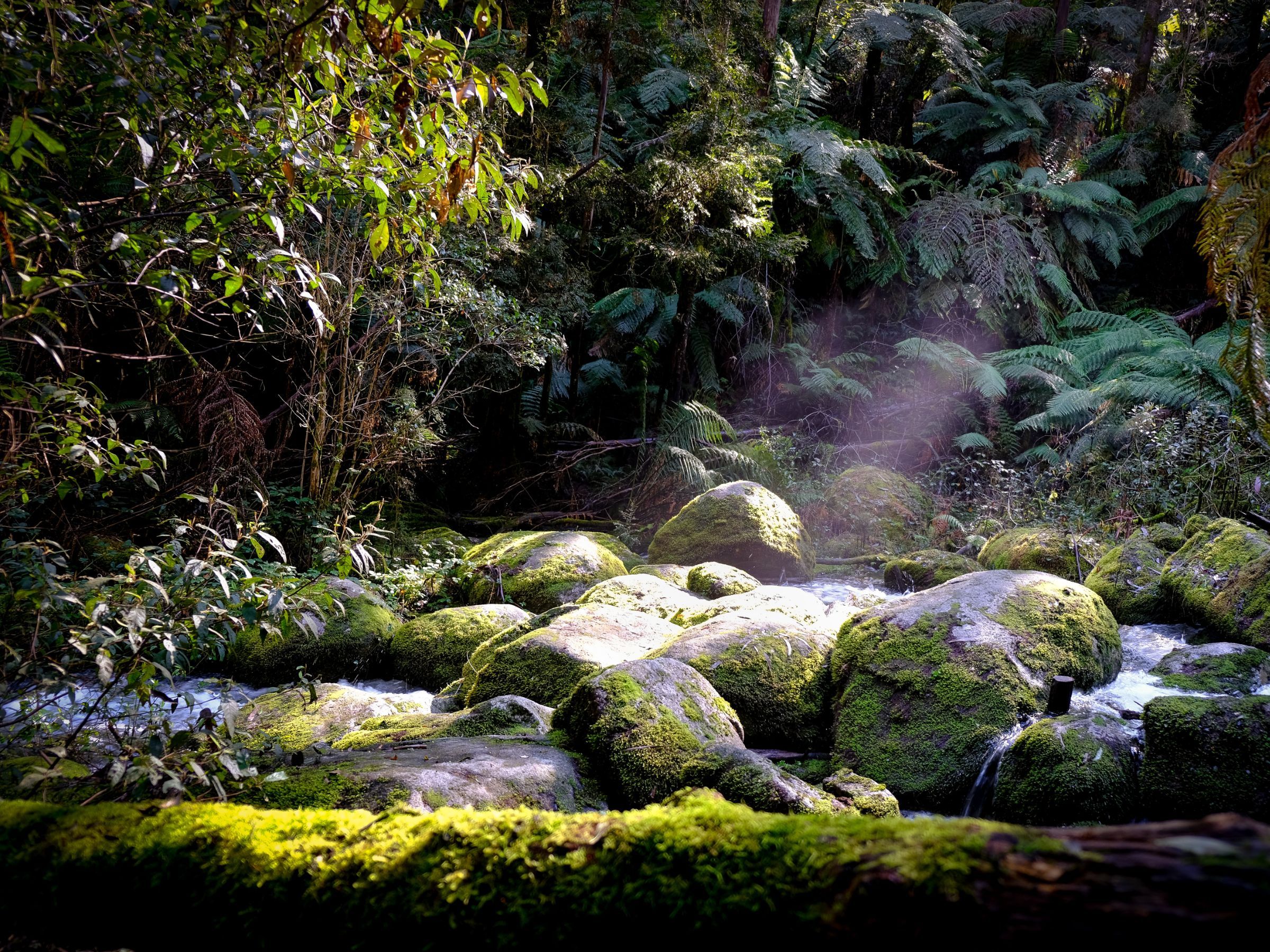Responsible travel is about the choices you make and the attitude you take.
It’s about choosing to respect and benefit the local culture, the environment, and place, as well as the economies that you might impact.
At The Hike Collective, we want the road to be less worn, the trips more authentic, the footprints lighter, and the travel dollars go further. We want to show respect and curiosity for the local custodians and traditions, and help foster genuine connections within the group of travelers that we welcome.
So, we have put together this list of top 5 responsible travel tips to help you find your feet, and travel more consciously.
1. Support locally owned businesses, cafes, restaurants, and wineries. You vote with your dollar, and when you vote local, your dollar goes further. It feeds the mouths of the children, it fixes the fence along the front, and it waters the gardens. Where possible, hire a bike, or walk where possible – This will also allow you the opportunity to meet locals and know about place and story.
2. Shop from traditional artisans and locally made products. This will help keep traditional crafts alive and support the reduction in imported “souvenirs”. We know that nobody really wants that plastic keyring, right? Send a postcard, or a locally made hand-woven bracelet home instead.
3. Leave only footprints. Our environment is the most precious asset, and we reckon our environment here in Australia is pretty amazing! Look after it as if it were your home, and take out anything that you carry in. This is made easier with the removal of single-use plastics from your possession, as you will also be less likely to accidentally drop rubbish as you go.
4. Research your destination before leaving home. This will allow you to understand the culture, religion, local rules, and values before you head to a foreign country.
5. When you book tours and experiences, think about how you can support programs and charities along the way. For example, tur companies like The Hike Collective, donate $1 from every ticket to reforestation and mental health charities, which goes a long way in the local community and environment.



